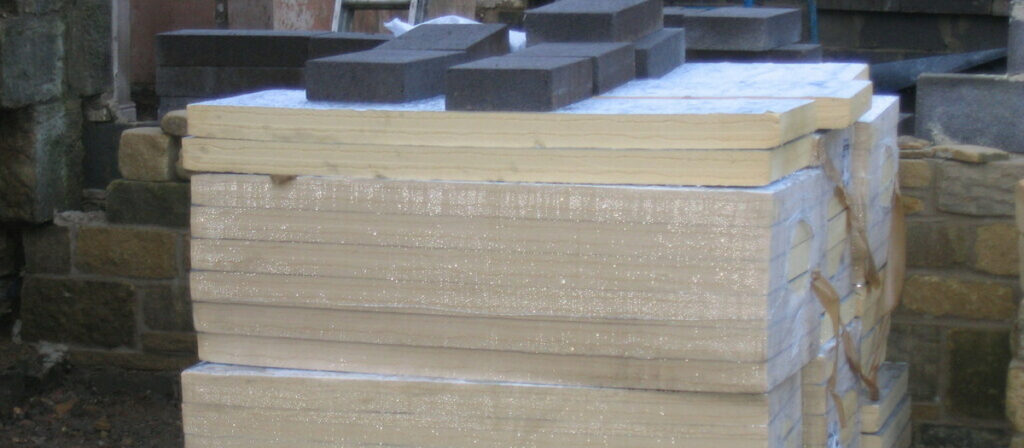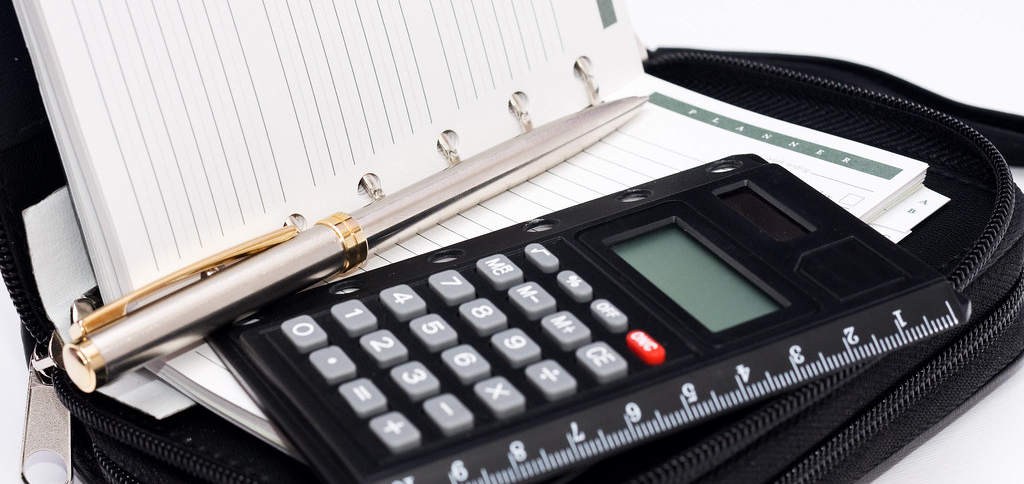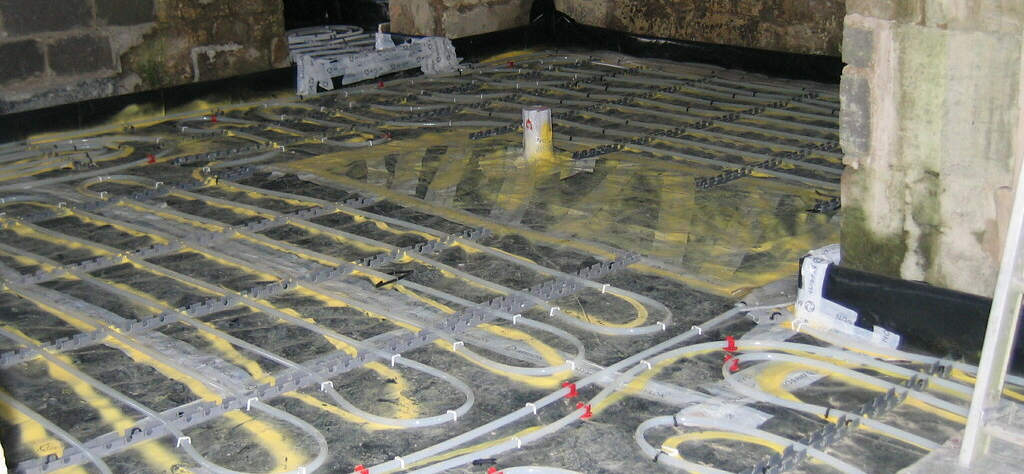Heat pumps can work with radiators. But to work well, they need to be a good match. The problem is that most heat pumps circulate water at a low temperature, so radiators will only get lukewarm. And lukewarm radiators won’t heat most Irish houses! Thankfully though, there are solutions:
1) Thoroughly Insulate Your House

If your house is really well insulated, then even a few lukewarm radiators will be enough to keep it cosy. I’m talking about triple-glazed windows, thick insulation in the walls and roofs, et cetera. Upgrading the average Irish house to this standard is expensive. However, you can get grants to help with the cost. Plus, you’ll be rewarded with miniature energy bills and ultimate home cosiness.
2) Replace Your Radiators With More Powerful Ones
Another option is to replace your current radiators with more powerful ones. Powerful radiators help because they extract lots of heat, even from lukewarm water. More powerful radiators will be bigger and/or more efficient than your current radiators. They’re usually made from aluminium, which is a better conductor of heat than steel or cast iron. This gets more heat into the room. Some models also include low-noise fans to churn out even more heat. Overall, the higher the heat output of a radiator, the better for heat pumps.
It’s also possible to add extra radiators to your heating system. More radiators = more heat.
3) Use A Higher-Temperature Heat Pump
Manufacturers now offer special high-temperature heat pumps. These high-temperature heat pumps are the closest thing you can get to a drop-in replacement for an oil or gas boiler. So they’re likely to work with your current radiators. However, high-temperature heat pumps are not as efficient as low-temperature heat pumps. So energy savings will be smaller. Still, even a high-temperature heat pump is far more efficient than the oil or gas boiler it’s likely to replace.
| Low-Temperature Heat Pump | High-Temperature Heat Pump |
| 25-50°C Flow Temperature | 50-70°C Flow Temperature |
| May Need New Radiators | Typically Works With Existing Radiators |
| Super-Efficient | Efficient |
The Best Way to Make Heat Pumps Work With Radiators
When it comes to energy efficiency, it’s generally best to use a “fabric-first” approach. That is, upgrade windows, doors, and insulation before adding new technologies like heat pumps. That way, your current radiators will be enough to make your house cosy, even if they’re only lukewarm. Your house will be easy to heat. And your heat pump can work at it most efficient temperature.
Sometimes though, insulation upgrades alone won’t be enough. In that case, the next step is to upgrade your radiators. Radiator upgrades will allow your heat pump to operate at its most efficient temperature. This can give you big energy savings compared to oil or gas heating.
The final option is to use a higher temperature heat pump. This is less efficient than the other methods above. However, it’s still far more efficient than an oil or gas boiler. So it’s a good fall-back if the other options are not practical for you.
Heat Pumps and Radiators: Technical Assessment
A Technical Assessment is a survey that will determine how to get your house ready for a heat pump. It will also determine whether you need new radiators for a heat pump or not. It’s good to have a general idea about the practicalities of using a heat pump with radiators before getting a survey done. But don’t worry too much about the details – that’s the Technical Advisor’s job!

Image: “Calculator, pen and agenda in black organizer case” by Horia Varlan | CC BY 2.0
Ground-Source vs Air-Source Heat Pumps with Radiators
The heat source for your heat pump (ground or air) doesn’t affect its compatibility with radiators. This is because ground source and air source heat pumps circulate heat in the same way. What matters is the temperature of water flowing from the pump, not the source of the heat.
Heat Pumps With Underfloor Heating Instead of Radiators

While you can use radiators with a heat pump, underfloor heating has some great benefits to consider. You’re probably familiar with the space savings and warm floors that underfloor heating can provide. But the low-temperature operation of underfloor heating provides an extra benefit when it comes to heat pumps. This is because underfloor heating has a very large surface area – the entire floor of your house. So it can give you all the heat you need even at a fairly low temperature. Just what a heat pump needs for ultimate efficiency.
Heat Pumps and Radiators: Conclusion
Heat pumps can work with radiators. But will a heat pump work with your radiators? That depends. The best way to find out is to talk to a heat pump Technical Advisor.